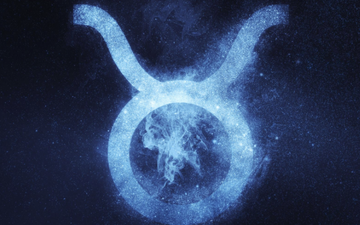
What do Dua Lipa, Rita Ora and Ava Max have in common?
Albanian music pop stars are conquering the world.
The most famous ethnic Albanians were Mother Teresa (a nun who cared for orphans and lepers in India) and Enver Hoxha (a murderous communist despot). Now the singers must be added to the saint and the sinner.
They are everywhere. Dua Lipa has 55 million listeners a month on Spotify, a music platform. Bebe Rexha has 24 million. Rita Ora has had five songs at the top of the British charts and has been part of the "X Factor" jury. Era Istrefi sang at the 2018 FIFA World Cup. Njomza Vitia, a songwriter, and Labinot Gashi, a rapper, have a global following.
Ava Max's song "Sweet but Psycho" is considered worldwide more entertaining than Hoxha's literary offer, "Albania Challenges Khrushchev Revisionism".
All these megastars of Albanian heritage, except Era Istrefi grew up in the diaspora.
Dua Lipa, Bebe Rexha, Njomza Vitia were born respectively in London, Milwaukee, Brooklyn and near Stuttgart. Only Ava Max has roots in Albania itself. The rest are Kosovo Albanians, except for Bebe Rexha, whose family comes from northern Macedonia.
Throughout history, says Dukagjin Lipa, Dua's father, Albanians have been overwhelmed, but the success of this generation of musicians shows that "having the opportunity, we shine".
Diaspora stars often "perform" at home, wrapping themselves in Albanian flags.
Besa Luci, editor of Kosovo 2.0 magazine, says they clearly feel the need to represent the nation and in return receive love.
"My heart bleeds Albanian," said Bebe Rexha on a visit to Albania.
In July, Dua Lipa created controversy, with the distribution of a map showing Greater Albania. She later said her post was misunderstood.
The parents of the stars who grew up abroad left the Balkans in the turbulent early 1990s.
However, families like that of Rita Ora or Dua were part of the Kosovo elite. Both girls attended a high school of performing arts in London.
Pop stars, along with a bunch of Albanian footballers in major teams across Europe, play a "crucial role" in helping to change the image of Albanians from a conflict, says Petrit Selimi, a former minister of Kosovo.
In 2016, Rita Ora performed in Rome to celebrate the consecration of Mother Teresa.
Adapted from The Economist





